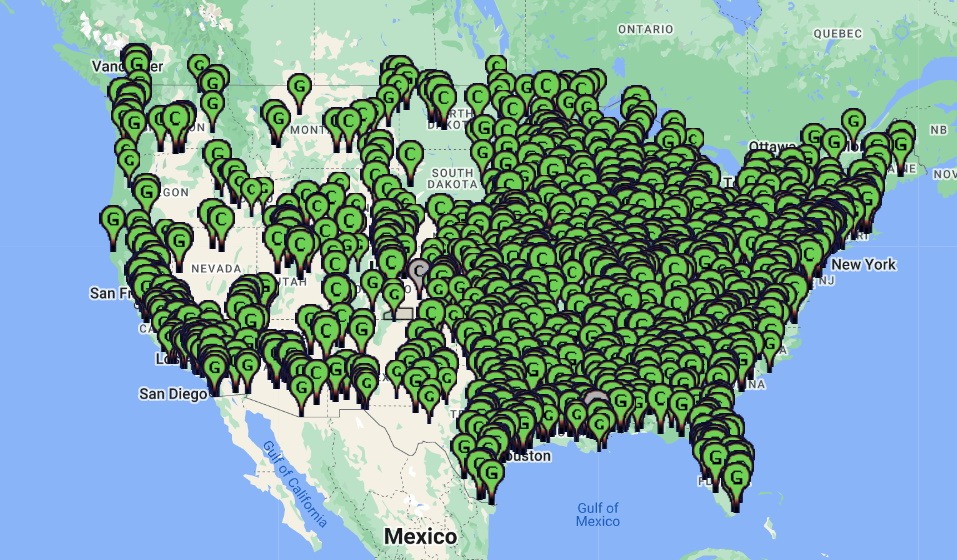Originally posted here: http://www.charlotte.com/mld/charlotte/business/14238604.htm
Posted on Sat, Apr. 01, 2006
Charlotte Observer (Charlotte, North Carolina, USA)
THE SCOOP ON FUTURE POWER?
What these chickens drop could one day light up N.C. homes
Bruce Henderson
A Philadelphia-based company may capitalize on North Carolina’s
bounty of poultry poop for one of the nation’s first chicken-powered
electric plants.
The state’s top two broiler-producing counties, Wilkes and Union, are
among a number of locations Fibrowatt LLC is exploring for one or
more $100 million plants. The company is already building a Minnesota
plant to be fired by turkey litter — manure and bedding — and is
developing projects in Maryland and Mississippi.
“It’s not a well-known technique to the general public, and even to
the industry,” said Chief Operating Officer Carl Strickler. “It’s
pretty unique not only in the United States but quite honestly worldwide.”
Poultry litter is part of North Carolina’s wealth of biomass, the
term for plant and animal leftovers such as wood scraps and manure.
Enough of the stuff comes out of farms and forests to equal the
potential power generated by a nuclear power reactor, state energy
officials estimate.
For years, litter has been strewn on farm fields as cheap fertilizer.
“It’s turned broom sedge and weeds in Wilkes County into lush
pastures,” said Kathy Bunton, the state poultry agent for that
foothills region.
But as chicken growers cluster in counties near processing plants,
the land has taken all the nutrients it can absorb. That’s where
Fibrowatt hopes to step in.
“We don’t eliminate the practice of land application,” Strickler
said. “We just take out the excess.”
The plants Fibrowatt is developing generate 30 to 55 megawatts,
enough to power some 50,000 homes.
Duke Power’s Riverbend coal power station west of Charlotte generates
454 megawatts. And it is in the early stages of planning a new
nuclear plant in South Carolina that would generate 2,234 megawatts.
More than a half-dozen N.C. counties have expressed interest in the
plant, Strickler said. Among them: Wilkes, Surry and Alexander
counties, in the northwest N.C. foothills, and Union.
“We hope they have an interest in Union County,” said Maurice Ewing,
president and CEO of the Union County Partnership for Progress. He
referred other questions to Fibrowatt.
Said Don Alexander, the Wilkes Economic Development Corp. director:
“If Fibrowatt comes … we’ve all won.”
A standing-room crowd, many sporting yellow caps from chicken
producer Tyson Foods, which has a Wilkes County processing plant,
debated the plan at a public meeting in North Wilkesboro last week.
“I just think this is a wonderful way to make sure the poultry
industry stays viable,” Bunton said. “I don’t see the downside.”
But some environmental groups do.
“The last thing we need to do with a valuable resource such as
poultry litter is burn it and create air pollution,” said Janet
Zeller of the Blue Ridge Environmental Defense League.
State officials should wait until the Minnesota plant is operating to
learn more about emissions, she said.
Emissions would be similar to those of regular coal-fired power
plants, said Gary Saunders, an environmental engineer in the N.C.
Division of Air Quality. Chicken litter would produce less sulfur
dioxide, which contributes to hazy skies and acidic streams.
Combustion of any sort also produces small amounts of chemicals
called dioxins, some of which may cause cancer.
Strickler said emissions would be minimal. “If you think about it,”
he said, “our fuel is what went through a chicken or turkey, so it’s
a fairly clean fuel.”
And the smell? Minimal, Strickler says, due to the company’s
preventive measures.
Wilkes County area officials have visited Fibrowatt’s Minnesota
plant. A delegation plans to visit poultry-powered plants in the
United Kingdom that are run by a Fibrowatt partner.
“Wilkes is like anywhere else — we hope it lands here,” said
Alexander, the economic development chief. “This is like PIMBY:
Please In My Backyard.”
Powerful Producers
As the nation’s third-largest poultry producer, North Carolina’s
farms produce more than wings and thighs. Chickens produce about a
ton of manure and pine shavings for every 1,000 birds — about 84,000
tons a year for Union County alone.
Bruce Henderson: (704) 358-5051.

